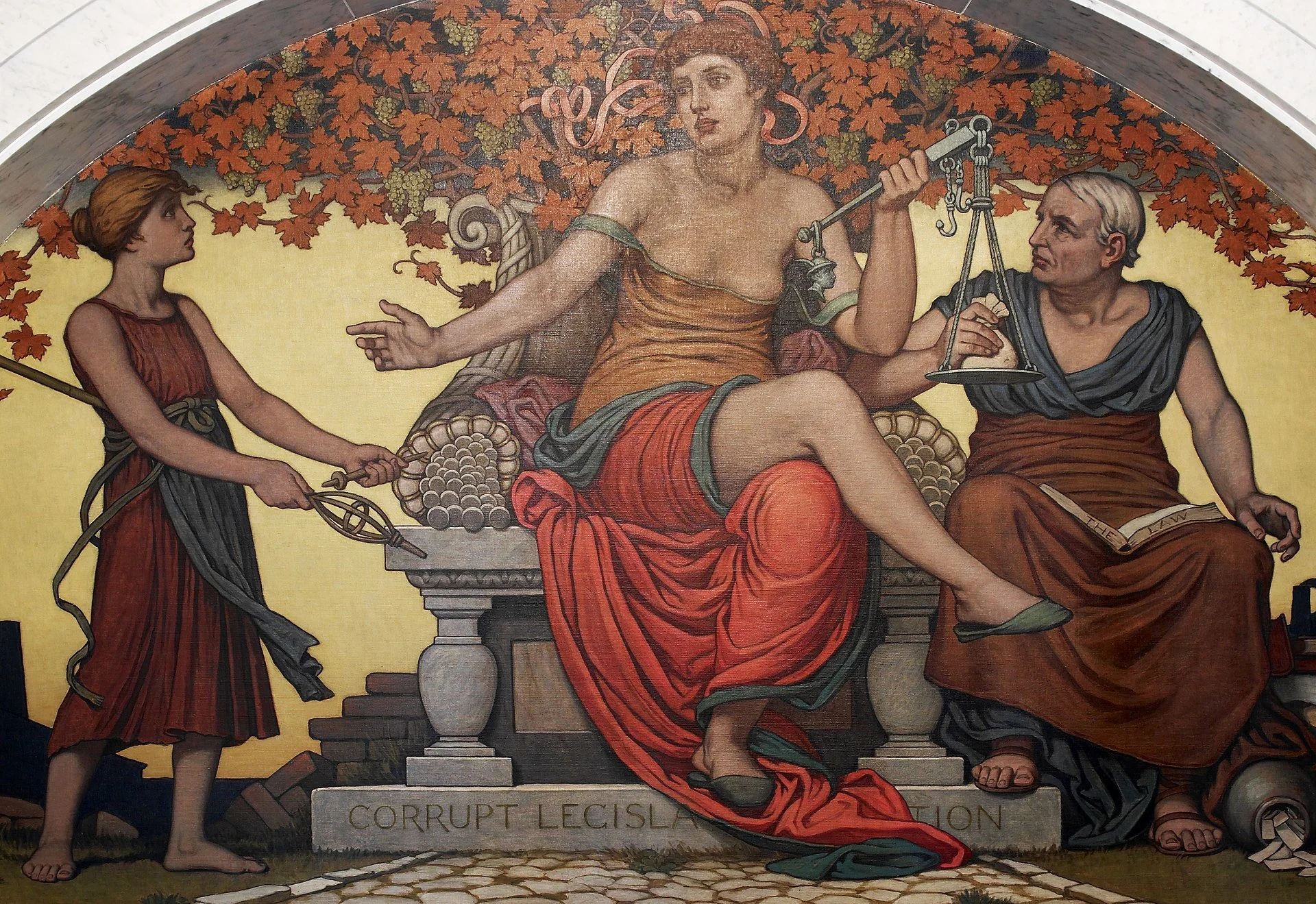No time soon!
MANCHESTER, Conn.
What is likely to be done about Connecticut's high energy costs and particularly its exploding electricity rates?
Judging from an informational meeting held by Connecticut and Massachusetts officials the other day, nothing that is politically possible would make any difference.
Should Connecticut's two major electricity distributors, Eversource and United Illuminating, which buy electricity for people who can't be bothered to buy their own, purchase that "standard offer" electricity more frequently than the current six-month intervals?
The meeting did not reach a conclusion on that, and whatever the frequency of bulk purchasing, electricity prices still will be set by market forces reacting to supply and demand. When electricity demand rises, as it does in winter's cold and summer's heat, demand and scarcity increase prices.
Should the "standard offer" be eliminated and people be required to buy their own electricity directly from generating companies? It's easy and it would be good for people to have to shop for electricity just as they shop for groceries, an option that Connecticut residents have had for 20 years. But no one in authority proposed this, perhaps because it would diminish the ability of elected officials to blame the electric utilities for the inflation caused by elected officials themselves.
It was acknowledged at the meeting that increasing energy supplies to Connecticut could solve the price problem, as by running high-capacity power lines into southern New England from Quebec, which has an abundance of clean hydropower to export, and by running more natural gas pipelines across New York into Connecticut. But Maine, New Hampshire and New York have been objecting and stalling those projects, and no one in authority has proposed inducing Gov. Ned Lamont and Connecticut's congressional delegation to seek the federal government's intervention to increase supply.
Of course more electricity could be generated from oil, and more oil-based generation facilities could be built in the state. But the Biden administration and liberal Democrats in both the General Assembly and Congress want to destroy the domestic oil industry, believing that fossil fuels are ruining the planet. So no one in authority in Connecticut is proposing any electricity solution involving oil either.
Connecticut apparently will wait a few years, if not longer, for electricity to arrive from windmills yet to be installed on platforms in the sea south of the state, which themselves may be delayed by someone else's objection.
In the face of rising electricity prices, Connecticut's elected officials seem able to offer no more than increasing subsidies for electricity use by the poor, thereby transferring and camouflaging costs and worsening inflation by increasing the money supply without increasing the power supply.
For the time being, there is no way to get electricity prices down except through greater production and delivery of fossil fuel. That is, the only solution is politically incorrect, and few elected officials have the courage to tell their constituents that political correctness will not keep their lights and heat on and electricity bills down this winter.
Detail from “Corrupt Legislation” (1896), by Elihu Vedder.
With Connecticut's supermarkets launching a campaign to change state law so they can sell wine in addition to the beer they already sell, a recent poll of viewers of Hartford's WFSB-TV3 found a huge majority in favor. This was hardly surprising, since one-stop shopping would be so much more convenient and the only objection comes from those who want less competition and higher prices -- most liquor stores.
But the more the supermarkets press the issue, perhaps the more Connecticut residents will see that the public interest seldom determines state law. Instead the special interest does.
Amid the campaign by the supermarkets, state legislators will hear repeatedly from the liquor stores in their districts -- on average, eight in each state representative's district and 30 in each senator's. Their business model is what economics calls rent seeking -- that is, a permanent government subsidy at the expense of everyone else. Legislators will hear from few consumers.
Journalism might change this by vigorously questioning legislators about their subservience to the liquor lobby. But as journalism declines, all special interests will thrive.
Chris Powell (CPowell@JournalInquirer.com) is a columnist for the Journal Inquirer, in Manchester.











